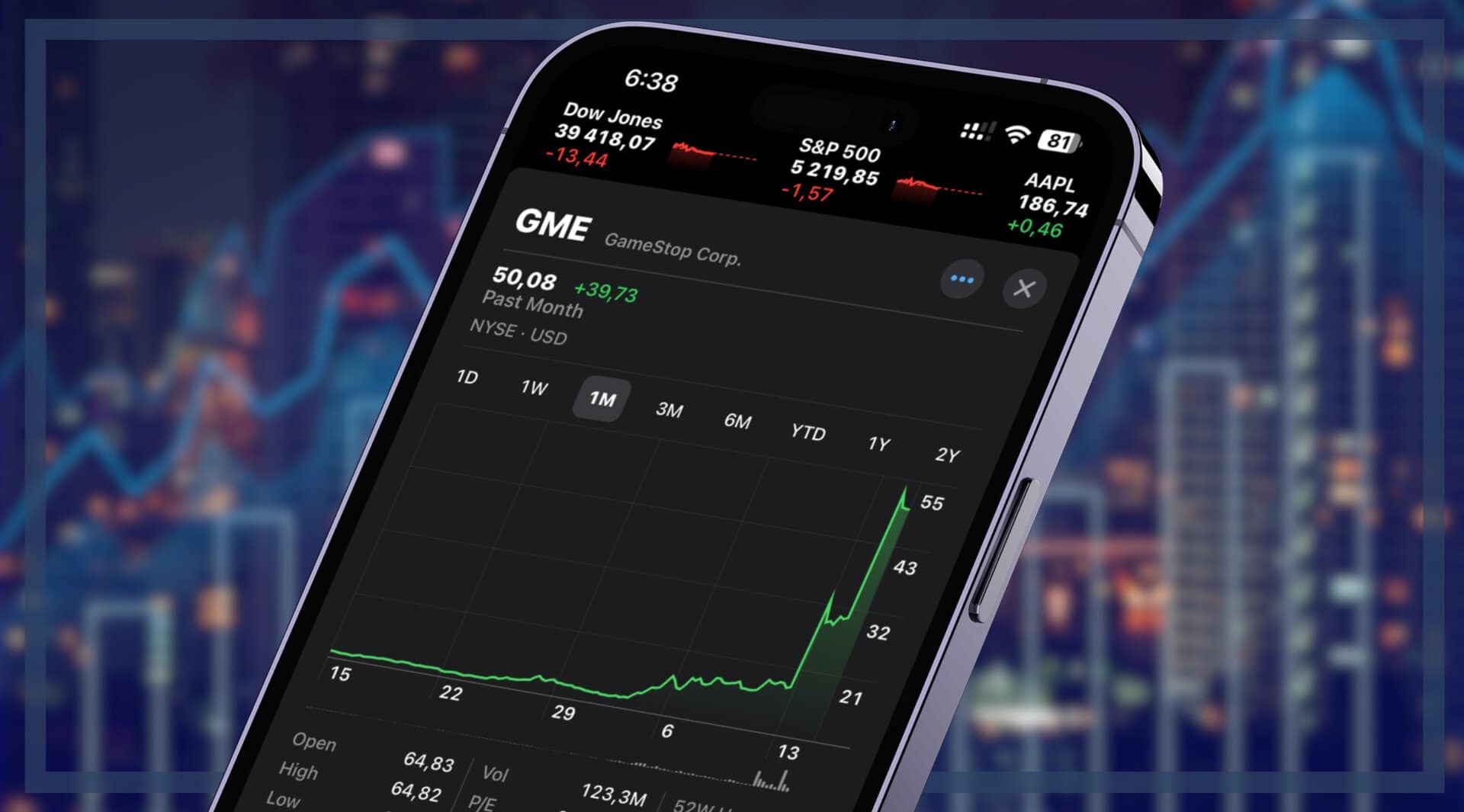Each year at Disruption Banking we keep a close eye on everything that happens at JP Morgan Chase. The bank is always the first Global Systematically Important Bank (G-SIB) to report earnings. It does this at the beginning of January. Most years we cover JP Morgan Chase’s results. And what these results can mean for investment bankers.
“We ended the year with a solid quarter, producing net income of $9.3 billion…,” Jamie Dimon, Chairman and CEO of JPMorgan Chase commented. “Our record results in 2023 reflect over-earning on both net interest income (NII) and credit, but we remain confident in our ability to continue to deliver very healthy returns after they normalize. Our balance sheet remained extremely strong… with a staggering $514 billion of total loss-absorbing capacity and $1.4 trillion in cash and marketable securities.”
The figures are compelling. What do JP Morgan’s Results mean for Investment Bankers?
Its significant to notice how Gross Investment Banking and Markets revenue is $924 million, up 32%, according to the results. A slowdown in IPOs in the U.S. in 2023, not to mention London and some other markets would have suggested less returns. However, the growth was predominantly driven by higher debt and equity underwriting fees the results go on to explain.
The results go into more details about revenue in Markets & Securities Services which was $6.9 billion, up 2%. Markets revenue was $5.8 billion, up 2%. Fixed Income Markets revenue was $4.0 billion, up 8% driven by higher revenue in the Securitized Products Group, partially offset by lower revenue in Rates. Equity Markets revenue was $1.8 billion, down 8%, driven by lower revenue in Derivatives and Cash. Securities Services revenue was $1.2 billion, up 3%.
It paints an interesting picture. Over the year the share price has also shot up from $137 to over $170 today. With a dividend payout that is acceptable and a buy on TradingView today JP Morgan Chase shares continue to be one of the most secure shares trading today. Something that Wall Street has come to expect from Jamie Dimon and his leadership team.
Note also how one day the results may have to factor in the performance of ETFs like we saw this week with bitcoin. Could demand surge for these products in 2024?
Celebrations at JP Morgan?
The results are not as good as the market was hoping for. And, in the Investment Banking division, there is also a drop of headcount by as much as 500.
Importantly, it’s what isn’t mentioned in the results that is important. They seem to steer away from the topic of recovery. But they also don’t transfer the prospect of doom and gloom in markets.
Generally the outlook isn’t so bad. Even according to a later market outlook post on the bank’s site called ‘Is the rally in the rearview?’ things are not looking bad. There is also the news that the results are the biggest annual profits of any lender in the history of U.S. banking.
The future for the markets may not be clear yet, but the general banking landscape seems to be stable. In the U.S. sentiment is positive. The bank is going to have to communicate bonuses sometime next week. And the results don’t seem to be encouraging. Fulfilling a prediction from last month:
Wall Street’s dramatic year of dealmaking drought, collapsing banks and job cuts is ending with a mere whimper for traders’ bonuses https://t.co/6u3Tsqsc5e
— Bloomberg Markets (@markets) December 19, 2023
Last year JP Morgan investment bankers suffered a 30% bonus cut due to the drop in M&A deals. And, whilst revenue in the fourth quarter of 2023 is a few percent above the revenue from the last quarter of 2022, it has dropped compared to the third quarter substantially.
Author: Andy Samu
#fortressbalancesheet #jamiedimon #investmentbanking #jpmorgan #results
See Also:
Why is JPMorgan spending so much on Tech? | Disruption Banking 2021 Results
The Good, the Bad and JPMorgan’s 2020 Results | Disruption Banking 2020 Results
Why Has JPMorgan’s Chase UK Banned Crypto? | Disruption Banking














